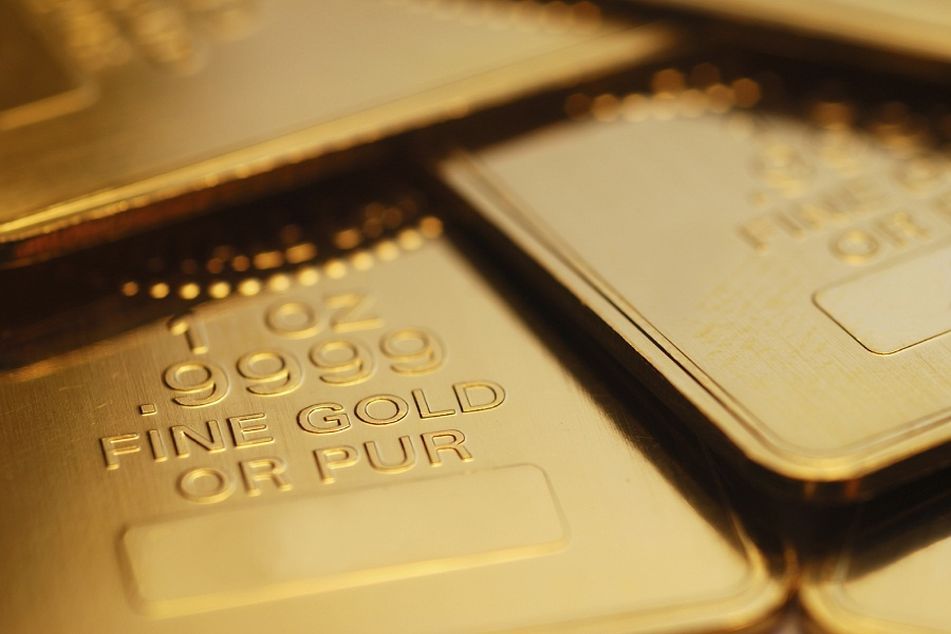Gold not getting boost from investors seeking safe haven from Greek crisis

The precious metal stays in trading range as Greece lives on the edge of default due to tepid inflation, muted demand for gold from China and a strong U.S. dollar.
Despite some early noise to the contrary, Greece’s financial woes are having almost no impact on gold prices, so far.
It’s not that the threat of the first country in the developed world to default is not a big deal, it’s just that investors have been well warned, and there are a lot of other forces currently holding down the price of gold.
“I think the Greek people are worried about their money, but investors, globally, aren’t that fearful about Greece right now,” said Lara Magnusen, head portfolio strategist at Altegris Advisors.
“We don’t really expect to see gold move much on Greece, because everybody saw this coming,” she added. “Gold is in a tight trading range because other forces are taking over.”
At around $1,161 per ounce, gold is up from a March 17 low of $1,149, but it is still down almost 11% from the Jan. 22 peak of $1,302.
“Gold investors have thus far shown a very muted reaction to the uncertainty in Greece relative to previous periods of turmoil,” said Peter Kocubinski, manager of the JPMorgan Commodities Strategy Select Fund (CSFSX).
“It may be that the gold market is growing concerned with the possibility of the Fed raising rates in September,” he added.
The JPMorgan fund is down 3.4% from the start of the year, compared with a 0.7% decline over the same period for the broad-basket commodities category as tracked by Morningstar Inc.
GREECE CRISIS NOT A DRIVER
The popular SPDR Gold Shares ETF (GLD) is down 1.07% from the start of the year, and the S&P 500 Index is up 1.96% over the same period.
“Gold is always seen as a safe-have asset, but in this case it appears that the market has pretty much blown off this Greek crisis,” said Chris Gaffney, president of EverBank World Markets.
“We are seeing more gold buyers, but we saw a much bigger uptick in demand after the 2008 financial crisis,” he added. “I think more people just believe Greece will be able to work things out.”
Ms. Magnusen agrees that the referendum on Sunday in Greece will likely keep the country in the euro zone, maintaining the euro as its currency.
She added that what is really keeping gold from moving outside the current range is tepid inflation, muted demand for gold from China and a persistently strong U.S. dollar, which makes gold more expensive in dollar terms.
“There is a lot going on to push gold lower, or to at least keep it in this trading range,” Ms. Magnusen said. “Stock markets are rallying and people might just be choosing stocks instead of gold.”
Learn more about reprints and licensing for this article.








